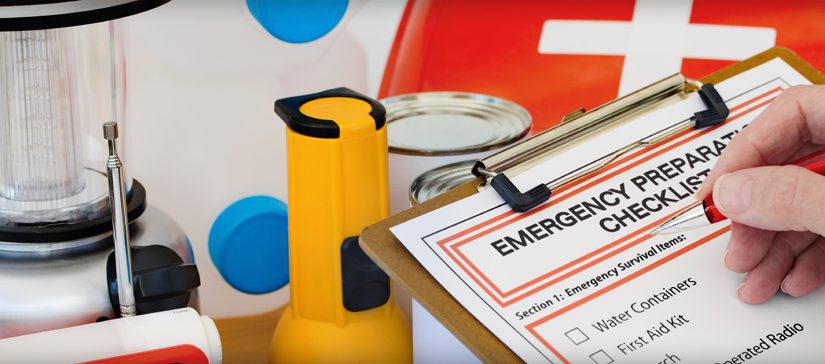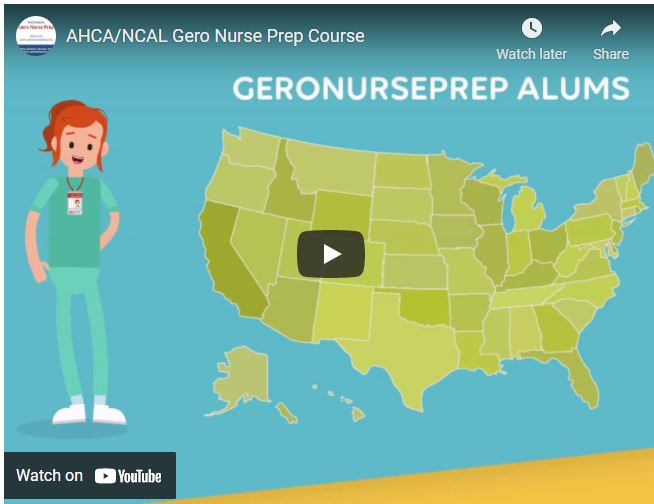The Delta variant is now the most common variant in the US, making up over 85% of cases, and is two to three times as contagious as prior variants. This is causing a
surge in cases in communities across the US, which puts long term care facilities at risk of outbreaks. The Centers for Disease Control and Prevention (CDC) urges healthcare workers to stay vigilant to prevent the spread of the virus and protect staff and residents in long term care facilities.
The CDC recommends staff and visitors take the following steps:
- Get vaccinated as soon as possible
- Wear a mask even if you are vaccinated
- Stay home if you feel ill
- Get tested if you have COVID-19 symptoms
To maintain compliance with CMS’ QSO memo on visitation 20-39-NH Revised, while ensuring the safety of residents and staff, AHCA/NCAL recommends that nursing homes enact policies that “strongly encourage” (but not require) all visitors to:
- Be vaccinated;
- Always wear a mask during the visit; and
- Have a negative COVID-19 test if the community spread of COVID-19 is moderate to high OR obtain a negative Point of Care test the day of or day before visitation.
Providers may also consider asking residents if they want visitors given the surge in the Delta variant and if they want any unvaccinated visitors or visitors that have not been tested. Residents can put such a requirement in place under their resident rights.
Providers should also continue to strongly encourage vaccinations among staff, using the
resources provided through the #GetVaccinated campaign. AHCA/NCAL also hosted a
webinar on boosting staff vaccination rates, which is
now available on demand.
The CDC also provides the following web resources to help inform and educate about COVID-19, the Delta variant, and vaccination:








